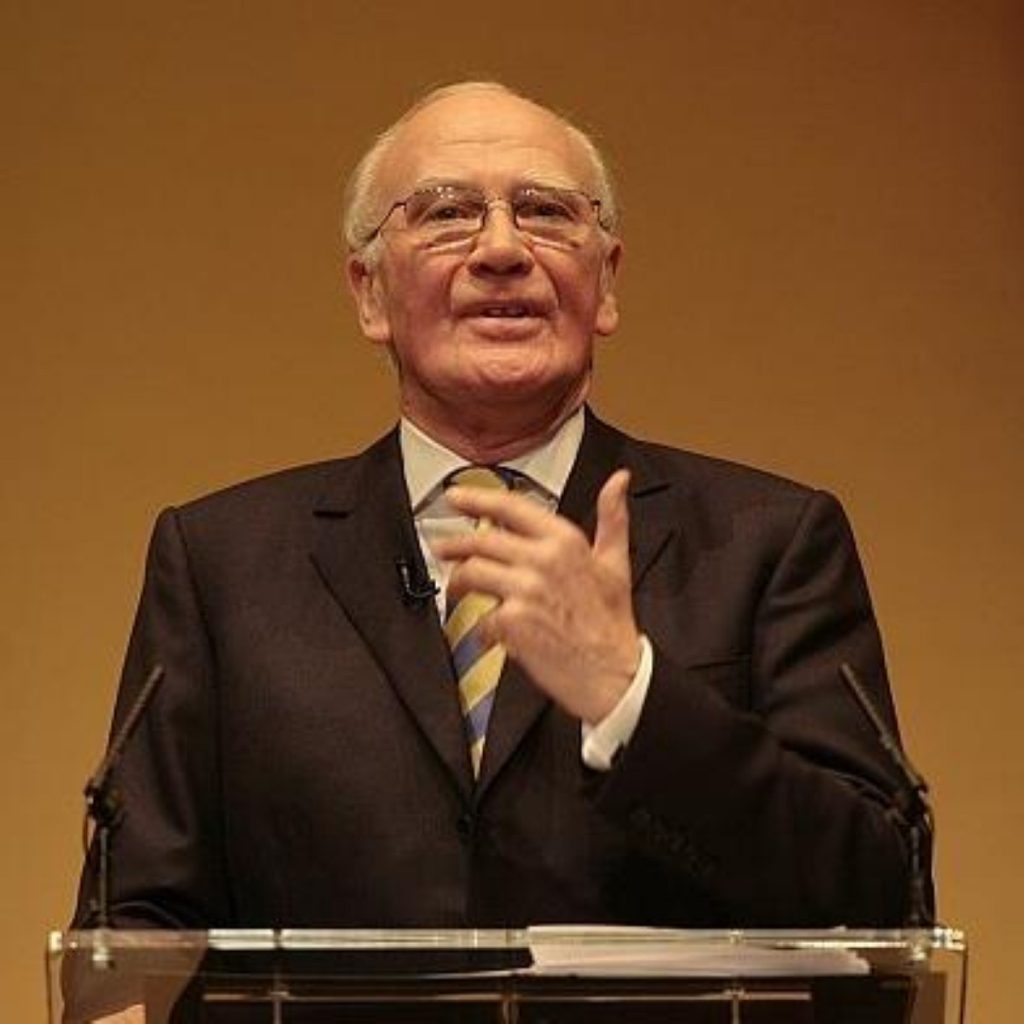Campbell resigns with ‘immediate effect’
Menzies Campbell has resigned as leader of the Liberal Democrats following a succession of unfavorable poll results indicating voters had little confidence in his abilities.
Publishing his letter of resignation last night, Mr Campbell admitted questions over his leadership were impeding progress and announced he would stand down “with immediate effect”.
The sexagenarian was not present to deliver the news, and the letter stated he will not hold a press conference or to make any further comment.
Pressure had been mounting for the leader to bow out gracefully after Gordon Brown failed to call a general election last week.


As Mr Brown signaled there would not be an election before 2009, suspicion grew Mr Campbell would either be forced out or encouraged to resign in order to give the Liberal Democrats time to familiarize the public with another leader.
This was compounded by a series of dismal polls which saw the Lib Dems popularity recede dramatically, and then this weekend, the final nail in the coffin came as a Crosby Textor poll revealed only seven per cent of voters viewed Sir Menzies as their prime minister of choice.
Mr Campbell took over as leader following the resignation fellow Scott, Charles Kennedy, in 2006. Mr Kennedy had been ousted from within after unease over his laissez-faire approach and his public confession he was receiving treatment for alcoholism.
Mr Campbell set out as leader with three main objectives. To restore stability and purpose to the party following Mr Kennedy’s departure, to make the internal operations of the party more professional and to prepare the party for a general election.
In the letter last night, Mr Campbell said: “With the help of others, I believe that I have fulfilled these objectives, although I am convinced that the internal structures of the party need radical revision if we are to compete effectively against Labour and the Conservatives.”
For the one-time Olympic sprinter, having his leadership abilities questioned on the grounds of age, would definitely have proved hard to hear.
He joined the Liberal Democrats whilst studying at Glasgow University and became MP for North East Fife in 1987 after three failed attempts.
He was heavily pegged as the successor to Paddy Ashdown in 1999, but he decided not to run, a decision he later said he regretted.
Tacitly referring to the age-attacks, Mr Ashdown last night said the resignation “tells us more about the nature of modern politics, than it does about Ming Campbell.”
Prominent in his opposition to the Iraq war, Mr Campbell was vocal in his criticism of Tony Blair’s support for George Bush and questioned the former leader over the legality of the engagement.
He was often criticized for his close relationship with Gordon Brown, and accordingly it was the new prime minister who last night led the tributes, describing him as a man of great stature and integrity.
Conservative leader David Cameron echoed these sentiments, labeling Sir Menzies as a “fine public servant”.
Deputy leader Vince Cable will take over the party during the transitional phase.
A detailed election timetable has been published today. It says nominations will be put forward before the end of this month, ballots will be held during November and a final decision will be announced mid-way through December.
Home affairs spokesman, Nick Clegg, and environment spokesman, Chris Huhne, have been tipped as the front-runners for the party election.
Lib Dem president, Simon Hughes, may also throw his hat into the ring.
Announcing the departure of the absent leader outside party headquarters last night, Mr Hughes said: “Over the past two years, Ming has given stability and purpose to our party.
“He has hugely professionalised the working of our party and led its very successful preparations for the next general election.
“Ming has made this decision – as all his political decisions – in the interest of his party and liberal democracy throughout Britain.”
Acting leader, Vince Cable, who nudged speculation this week by admitting Mr Campbell’s leadership was “under discussion” said: “Throughout his political life Ming has campaigned for liberal values and social justice and we will ensure that we build on that legacy.”











